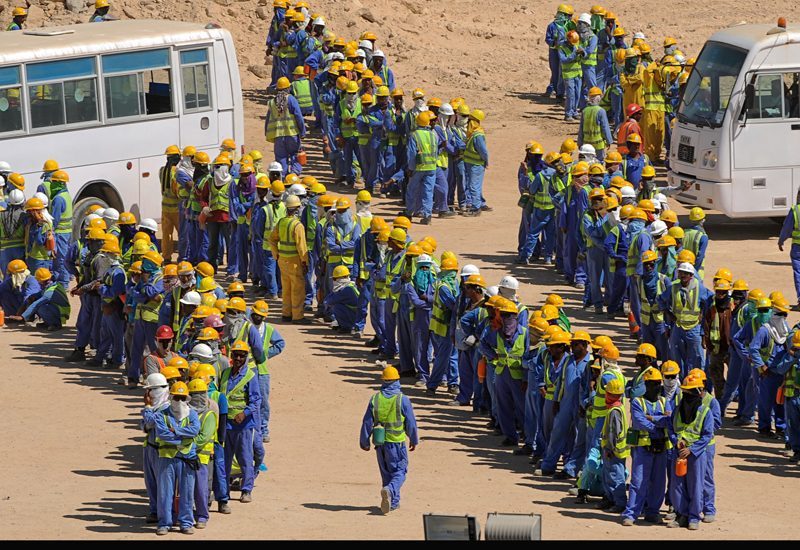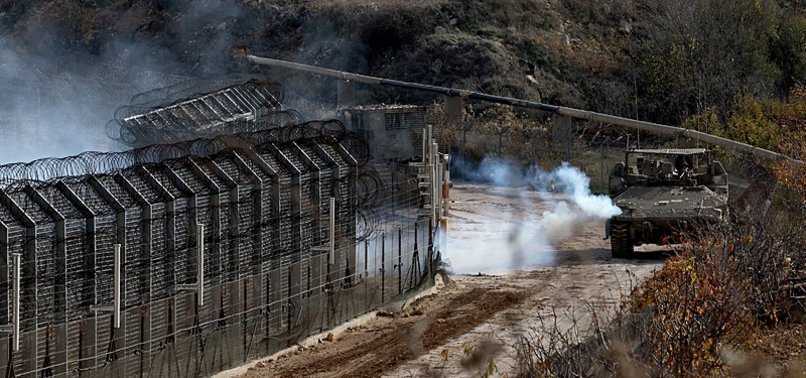Editorial: As Qatar makes strides in its journey to reform labour laws, members of its business community and Shura council have been applying pressure to reverse crucial steps made to protect workers in recent years.
Just months since the much celebrated labour laws came into effect here in Qatar, the Gulf state’s affluent business community has appeared up in arms to resist the historic reforms.
Debates, discussions and full blown disputes have sparked between business owners complaining that reforms lean too in favour of their employees, while others praising the changes for doing just that – protecting the little people from the big sharks.
However, it seems like the woes of business owners have been heard.
Earlier this week, members of the Shura Council tapped into the ongoing debate at the Cabinet meeting, with some issuing a list of recommendations that reflected the concerns of members of the white-collar camp.
Among the proposals were a limit on the number of times employees are allowed to change jobs to “prove” their “seriousness at work”. Members of the council also put forward advice to cap the annual percentage of workers who receive approval to change employers for a single company, except with the approval of the employer.
Read also: Misleading: Critics slam ‘deceptive’ Guardian report on migrant worker deaths
This, in effect, takes Qatar’s labour laws right back to square one – squeezed between global pressure and widespread internal discontent from business owners – after years of pushing for substantial change.
Though the announced recommendations have yet to be approved, it has rightly caused a stir among the community – both nationals and residents alike – who have noted that the Shura Council members are putting their own needs or the needs of the few over the what’s best for the country, as some have noted many members are in fact, businessmen or greatly influenced by them.

Qatar’s authorities cannot and should not be bullied into the demands of business owners that fail to see further than their profits. When dealing with such discussions, principles should surpass profit and justice should sit comfortably in the conversation.
For years, business owners in Qatar have been able to amass huge profits due to exploitation of labourers desperate to make a living. The time has now come for the state to remove all training wheels to allow for true business acumen and competitive businesses to thrive.
“Any big change will have teething issues, and yes, these reforms did come at a time when the pandemic had already adversely affected the business environment,” a spokesperson for Migrant-Rights.org told Doha News.
“Instead of giving time and tweaking the processes, the panicked and knee jerk reaction from both the business community and the council seems shortsighted,” they said.
Pioneer
In the last decade, Doha has emerged as a pioneer on several fronts and has led the progressive change we now see slowly picking up across the GCC region.
It’s this position of independence and leadership – which was further solidified as a national brand throughout the three-year blockade – that defines Qatar’s identity.
Doha should not and cannot relinquish this feat and citizens should not allow business owners’ influence to change this. With the Shura elections starting this year it is vital citizens make their voice heard over the business owners.
“The recommendations made by the Shura Council, if accepted, will undo years of work the state has put in to reform its labour and migration policies,” the spokesperson noted.
As seen in recent days, Qatar is clearly still not off the hook with the western media, which remains preoccupied with criticising the Gulf state at every possible opportunity.
If these historic reforms are reversed, shockwaves will be sent to all global capitals and international businesses could launch a mass boycott. This was previously seen in Norway, where G4S was targeted because of its operations in Qatar. More recently, civil society in Denmark attempted to pressure, albeit unsuccessfully, the Danish Football association to boycott the 2022 World Cup.
Read also: Qatar’s new labour laws: After celebration must come work
To put it bluntly, if a select number of Shura council members and business owners get their way, it’s the state, Qatar’s brand and its standing on the world stage that will pay the price. With much of the world ready to make its first trip to Qatar for the world cup next year, any such blemishes can cause drastic impact.
The reforms have propelled Qatar into a new dawn that can only yield positive results for the country, economy, and more importantly, its residents – including millions of migrant workers that deserve to be protected.
“Migrant workers, who constitute over 90% of the labour market have waited decades for bare minimum of rights, but just six months into reforms that only seek to remove conditions of forced labour, the powerful business community is pushing back. These reforms, if implemented well, will actually create a dynamic and vibrant local labour market, reducing costs of overseas recruitment, and improving productivity,” the MR spokesperson added.
“This apart from the very obvious argument for these reforms: it is the right thing to do, World Cup or no World Cup.”
Instead of reversing the progressive legislation, it’s time to focus on how to learn, build and adapt to cement Qatar’s place ahead of the upcoming global sporting event as a regional leader, pioneer and the home of a truly pluralistic and safe society.
Follow Doha News on Twitter, Instagram, Facebook and Youtube







